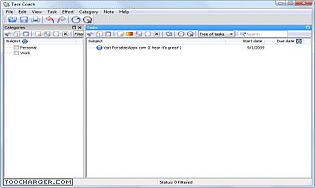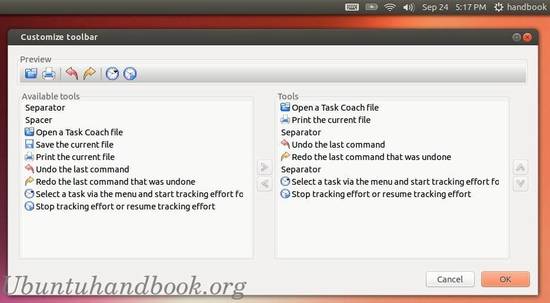
The writer of Hebrews echoes the words of Paul: “Lay aside every weight, and the sin which so easily ensnares us, and let us run with endurance the race that is set before us, looking unto Jesus, the author and finisher of our faith” (Hebrews 12:1-2). Paul exhorts us to “run in such a way as to get the prize,” and to do this we must set aside anything that might hinder us from living and teaching the gospel of Christ. We are not competing against one other, as in athletic games, but against the struggles, physical and spiritual, that stand in the way of our reaching the prize (Philippians 3:14).Įvery believer runs his own race (1 Corinthians 9:24). However, in the Christian “race,” everyone who pays the price of vigilant training for the cause of Christ can win. He was ready to cross the finish line into heaven. He had completed the course set before him he had left nothing undone.

So, by declaring “I have finished the race,” Paul is telling Timothy that he had put every effort into the work of proclaiming to all the gospel of salvation. In the book of Acts, Paul says these powerful words: “I consider my life worth nothing to me, if only I may finish the race and complete the task the Lord Jesus has given me-the task of testifying to the gospel of God’s grace” (Acts 20:24).
#TASK COACH RUNS SLOW FULL#
In his letter to Timothy, Paul is not commending himself for having “run the full distance” (TEV) rather, he is simply describing what the grace of God had enabled him to do.

Our motivation in serving Christ is much higher we “run” not for a temporary crown, but for an eternal one. Paul’s exhortation is that believers should be as focused and dedicated as those ancient runners in the games. They do it to get a crown that will not last but we do it to get a crown that will last forever” (1 Corinthians 9:24-25). Everyone who competes in the games goes into strict training. He wrote the church in Corinth saying, “Do you not know that in a race all the runners run, but only one gets the prize? Run in such a way as to get the prize.

Because the Corinthians were very familiar with these events, Paul used the games as an analogy for a believer’s life of faithfulness. Competitors would spend up to ten months in arduous physical training. In the 1st century, the Romans celebrated both the Olympic Games and the Isthmian Games. These three statements reflect Paul’s struggles in preaching the gospel of Christ and his victory over those struggles. The apostle wrote these words near the end of his life. “I have finished the race” is the second clause of three within a passage written by the apostle Paul to Timothy: “I have fought the good fight, I have finished the race, I have kept the faith” (2 Timothy 4:7).


 0 kommentar(er)
0 kommentar(er)
